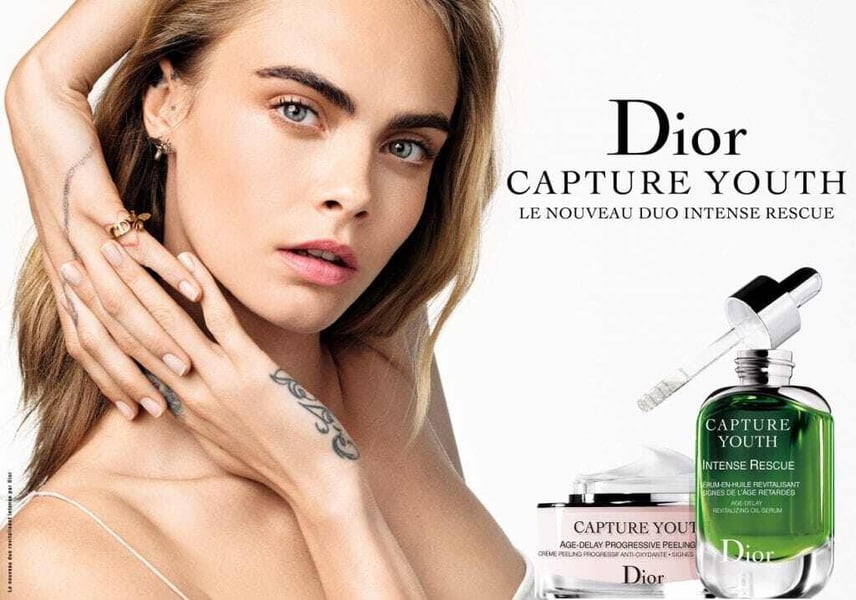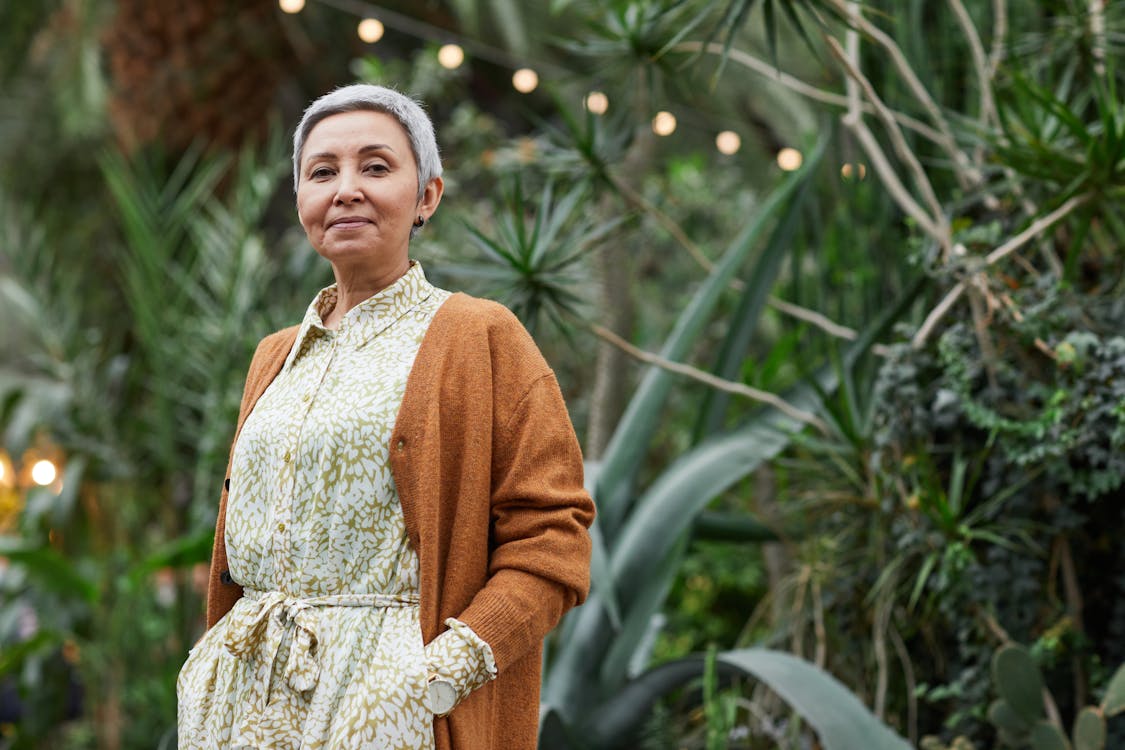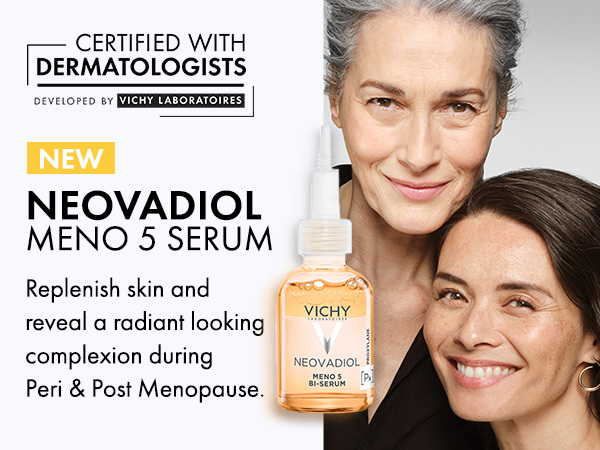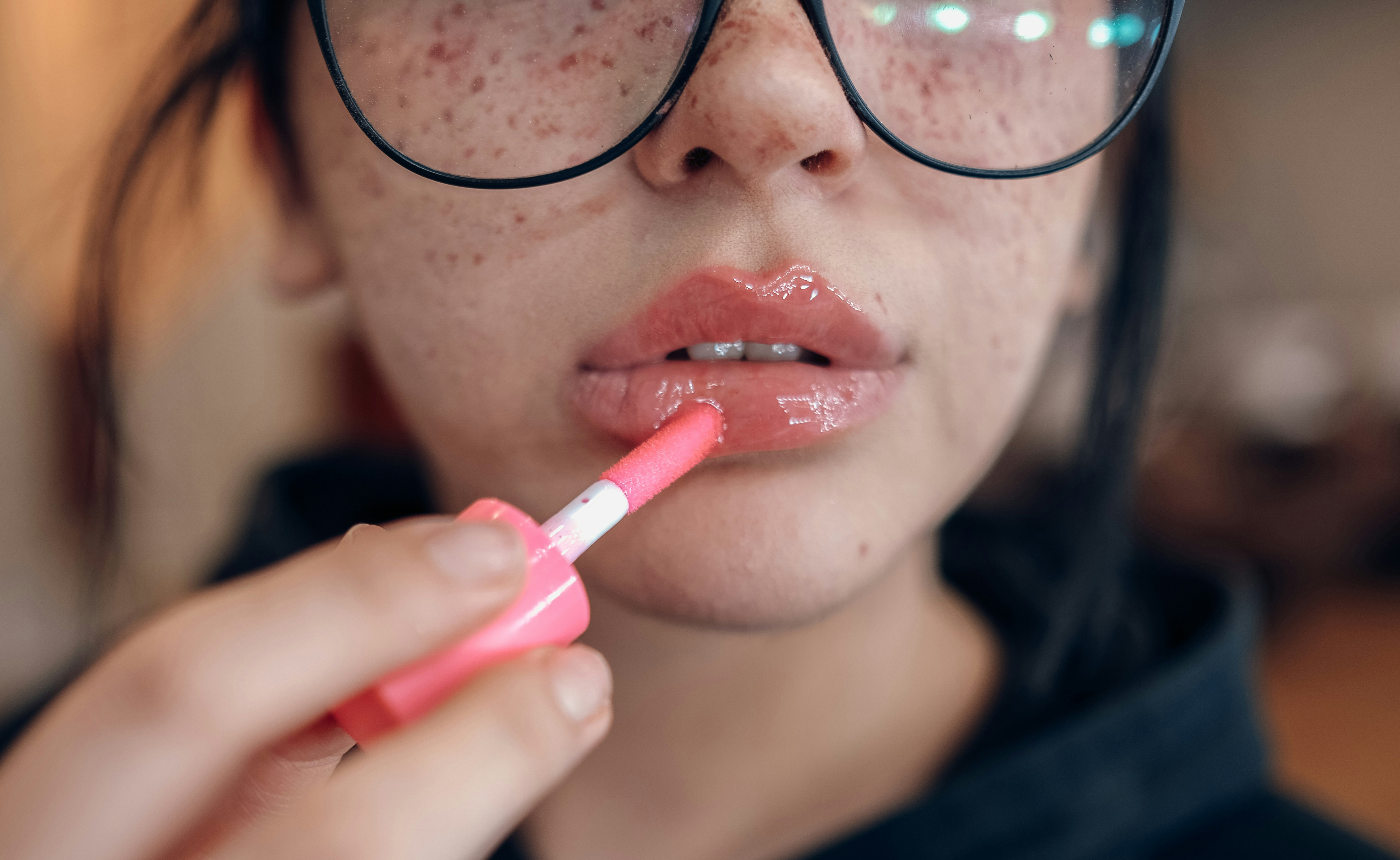Bryter Insight Director Isabel Wood explores the results of our menopause and wellness research and how it relates to predicted beauty trends.
Image: In 2017 Dior 25-year-old Cara Delevingne was the face of its anti-aging skincare line, Capture Youth, to substantial backlash.
Introduction
By 2025 there will be a projected 1.1 billion people living post-menopause worldwide. The world is waking up to the fact that this group are a distinct audience with their own needs, concerns, and purchase power. This is also a group experiencing the dramatic shift from being ignored and underrepresented to being seen as a target audience in their own right.
One of the key parts of this shift is looking at aging from the customer's own perspective, using realistic, recognisable models, shifting away from airbrushing and the assumption that the goal is, and should be, to look 21 forever.
Health and beauty brands and consumers all agree that we are moving away from the idea of "anti-aging" as a generic aesthetic goal. But what is driving this, and what does it mean for consumers today?
Is this the end of anti-aging?
Active aging is everywhere in trend predictions. This moves the discourse away from ‘anti-aging’, and towards more positive and holistic messaging.
This is based on two driving forces:
- Increased scientific knowledge of the human body and how it changes throughout life. We can focus on specific concerns and understand what preventative methods can be employed for real success.
- Increased women-led businesses and funding means taking the experiences and concerns of the audience into account, and focusing on ‘aging well’, celebrating a new stage of life, rather than being ashamed of it.
Whilst the aim in the past had been to turn back the clock, and reverse signs of aging skin. Now the focus is on using targeted preventative approaches in earlier years (skin barrier support and sunscreen becoming essential). And then celebrating and enhancing mature skin later on.
What about consumers today? Bryter surveyed 201 UK women aged 40-65 and asked what their top three priorities are when buying skincare products.
In this response, we see a mix in focus between generic anti-aging, and specific skincare issues. 49% list anti-aging as something they are looking for, one of the most common priority after hydration. However we also see specific preventative priorities emerging such as sun protection and collagen boosting.
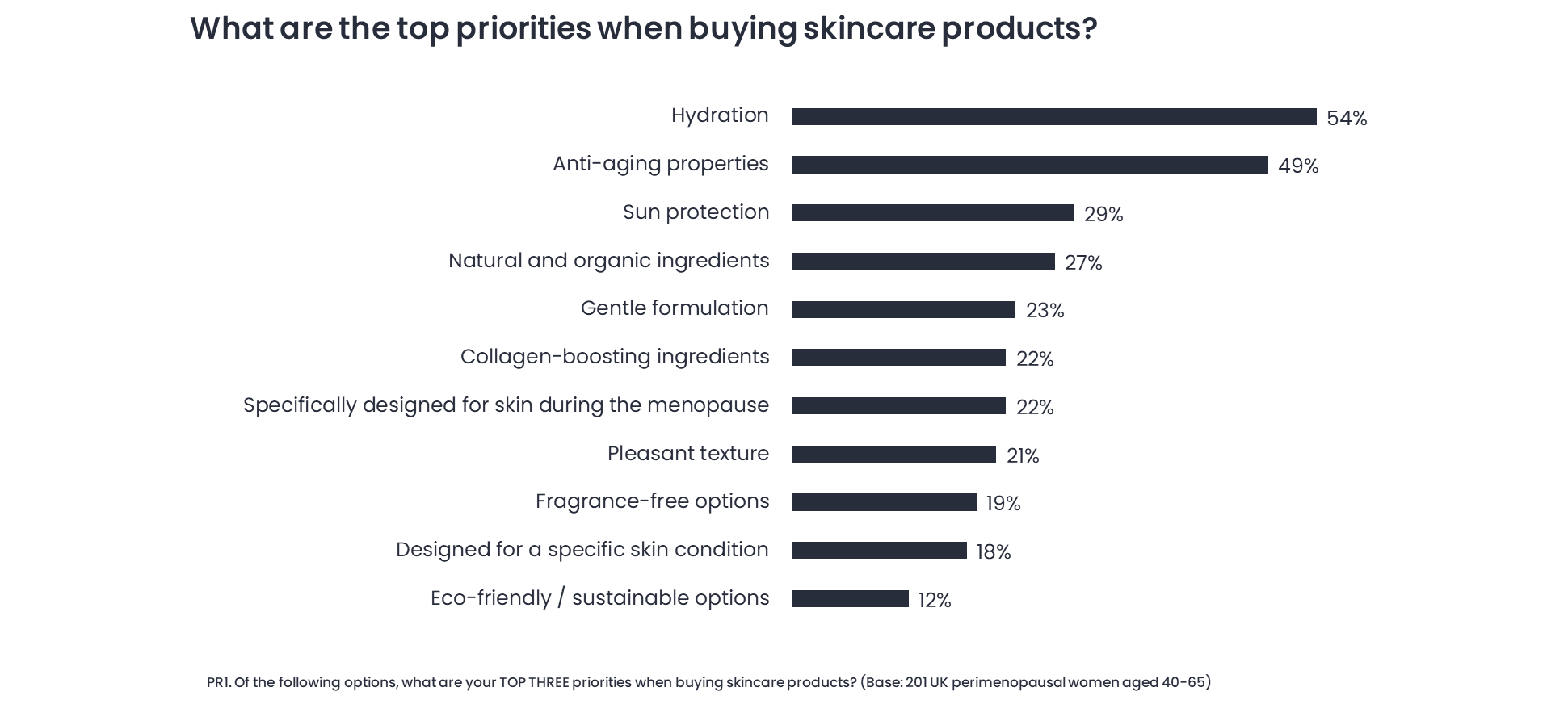
What are this audience's skin concerns?
Traditional concerns still lead when it comes to skin worries and concerns. When it comes to specific targets, 54% list wrinkles and 39% cite lack of firmness as a concern. However the range of targets is wide, and extends further than explicit signs of aging, also featuring under-eye circles, tired skin, and dry / flaky skin.
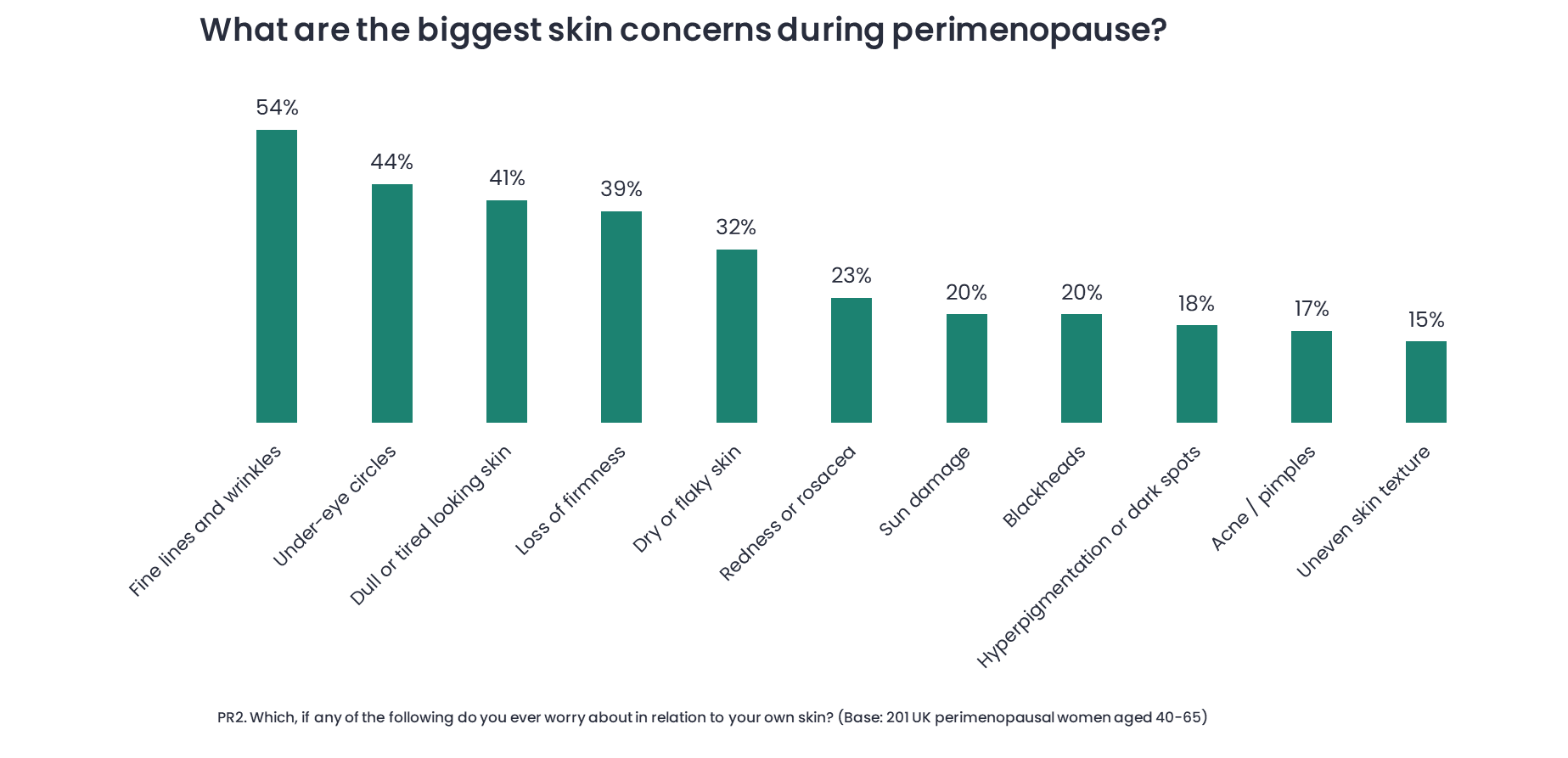
Is anti-aging dead?
The tonal shift of recent years doesn’t mean that we are going to stop caring about the physical evidence of aging any time soon.
Just this year, Dove and Oglivy launched #TheFaceof10 social and influencer-led campaign which illustrates how young girls’ faces should be covered in glitter rather than anti-ageing products such as retinol, drawing attention to the elaborate, adult skincare routines they are engaging in.
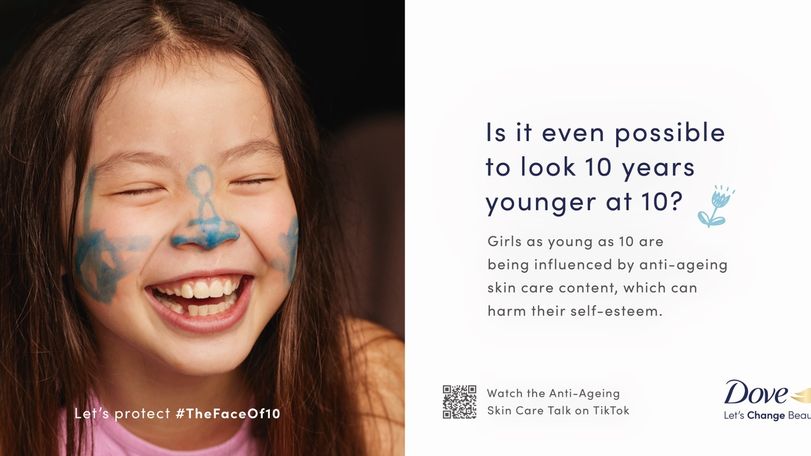
What this shift does mean, is that at least for adult audiences, we might stop focusing so much on the term ‘anti-aging’ in favour of focusing on the specific concerns being addressed, and what products can give the consumer. For example, relief from redness, dark spots, acne.
New products entering the market, and campaigns will need to be hyper-focused and individualised, so a consumer can tell that yes, the product is suitable for them generally, but also for their specific need. The overall message of this tonal shift is that successful brands will be working with the consumer, not against them.
Additional Information
For further information about our menopause research, or anything else mentioned in this article. Please get in touch with the author, Isabel Wood (isabel.wood@bryter-global.com), we’d love to hear from you.
Our work provides strategic, evidence-based guidance from pre-clinical and NPD through to launch, and to in-life assessments. Contact us today to learn more about how we can support your health and wellness product strategy.
